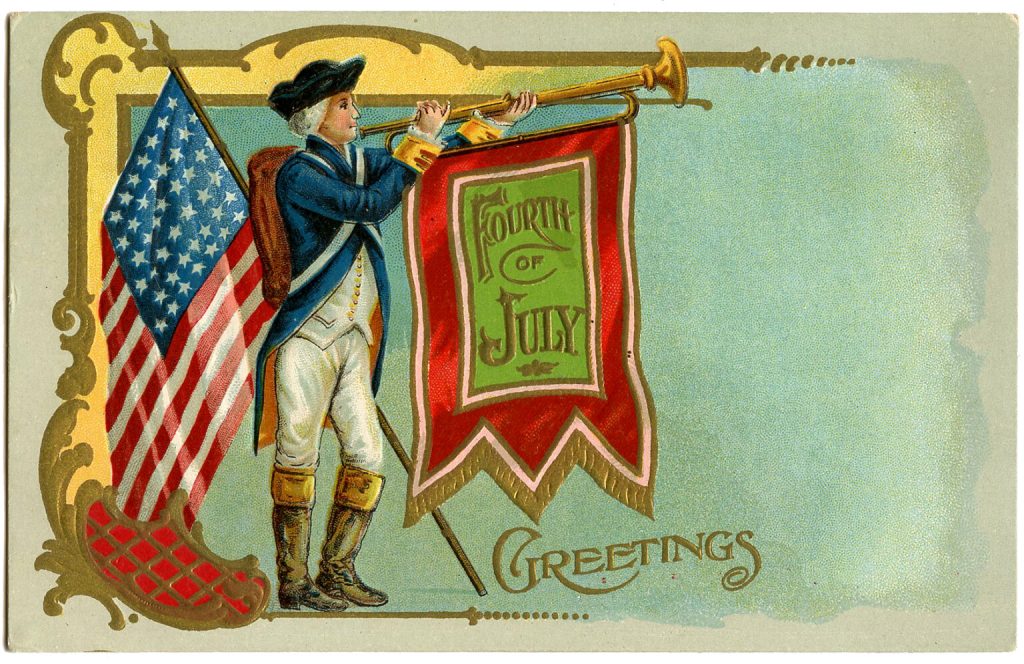
July 4th is coming up soon, and there will be many celebrations, Bar-B-Qs, and parades. But for what, a United States that currently exists in name only?
Before the Declaration of Independence, this country’s forefathers struggled to unify the various colonial factions, allowing less-than-ideal incentives to all to achieve the much-sought-after unity. Those less-than-ideal incentives eventually led to a civil war, after which another unification was sought, reunification. Throughout our history, we have had to sacrifice bits of our unity for something exclusive so as to stay connected.
Unity has always been elusive because human egos often get in the way.
Unification is not a one-sided process. It demands inclusivity, a value that is crucial in maintaining unity. It is through embracing diversity and different perspectives that we can truly achieve a unified and harmonious society.
A philosophy or leadership or government that attempts to unify by denying that which disagrees with it is a false philosophy from a false god, no matter how religiously supported. It is a philosophy born of the individual or collective personality.
But even a false god must be included in a context of wholeness, aka unity.
God unfolds itself in the form of syzygy (paired opposites), e.g., day/night, male/female, liberal/conservative, and you and me.
God has also provided the “means” for bridging the pairs to unite them. It’s a way to transform the lower material into the higher and spiritual, i.e., the alchemist’s dream of turning lead into gold through the creation (discovery/development?) of the philosopher’s stone.
But that “means” is exclusively individual yet must include everything else. It requires dissolution before resolution. To find it, one needs to embrace the dark to see its light. Many books have been written on how to do this, and they are all genuine and useful, but the answer will come from outside their pages. It’s in plain sight but with many useless detritus covering it up.




